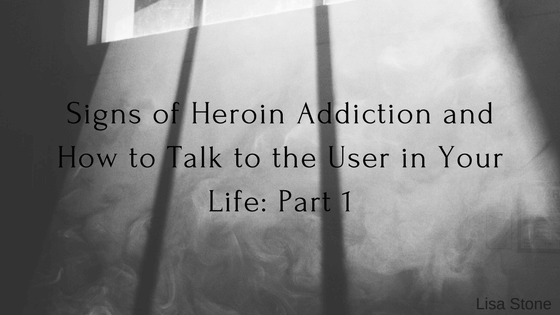When it comes to our loved ones, it can be very difficult to notice signs of an addiction to such a lethal drug as heroin. We overlook things and hope for the best. We think that everything is okay and nothing is out of the ordinary. Heroin addiction has become an epidemic in this country. The only way to curtail this epidemic, slow it down, and get rid of it for good is to start with the basics of recognizing the signs of heroin addiction.
While the list is plentiful and long, some of the most common signs of heroin addiction include:
- Injuries and accidents due to violence associated with heroin use and distribution
- Drowsiness
- Itchy skin; scratching
- Slurred speech
- Euphoria followed by apathy and depression
- Neglect of work, school, and home responsibilities
Another thing to look out for is withdrawal symptoms. These are so severe that rehabilitation facilities have a detox program set in place to guide your loved one who is suffering from addiction through a clean, safe, and healthy program to minimize the withdrawal symptoms. Some of the most common withdrawal symptoms include:
- Involuntary leg movements
- Vomiting
- Insomnia
- Muscle aches
- Fever
- Joint Pain
- Depression
- Anxiety
- Paranoia
When someone is experiencing withdrawal symptoms, they are going through pain so severe that the only way they know how to fix it is by using more heroin. The goal here is to stop them from getting to the point where they feel the only option is to use more heroin.
There are ways to help your loved one when they are going through withdrawal. You need only express your concerns in a non-judgemental and supportive way. Once that step has been taken, one of two things will happen. You will either open up a door to a conversation on treatment and how to get better or, and this is the least favorable option, you will get shut out by the user when they are confronted. In the next post, we will delve into closer detail on how to approach the heroin user in your life in a manner that feels unobtrusive to them and non-confrontational. Rather, it will feel like a hand extending grace to help them along their way to recovery.

